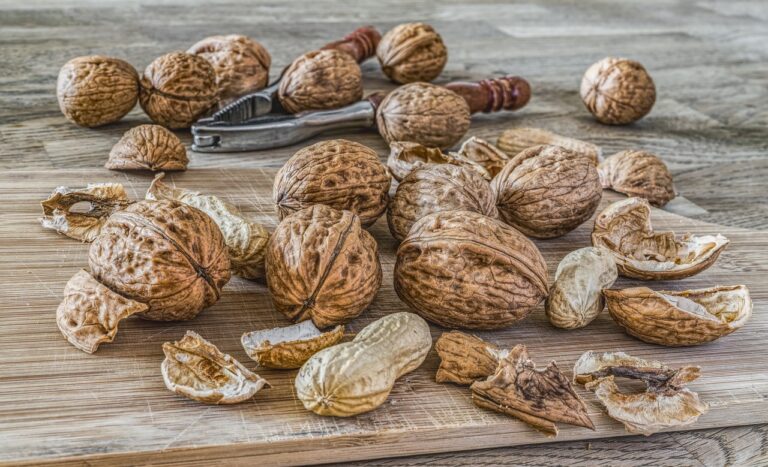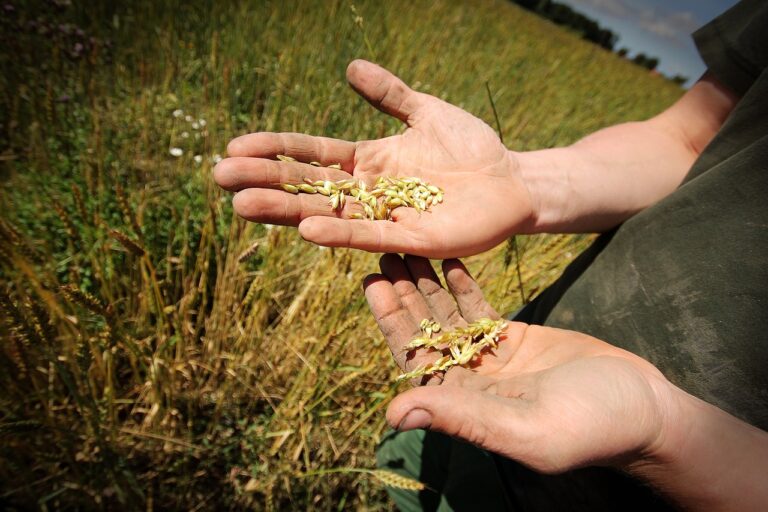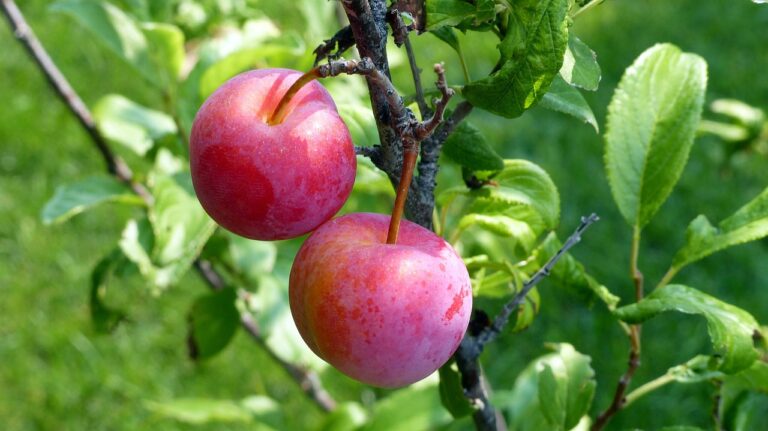How to Grow Organic Herbs at Home: Betbook250 com, Reddy anna book online, Playlotus365 com
betbook250 com, reddy anna book online, playlotus365 com: Are you looking to add some fresh flavors to your dishes while also enjoying the benefits of organic herbs? Growing your own herbs at home is a rewarding and sustainable way to enhance your cooking while promoting a healthy lifestyle. In this blog post, we will guide you through the process of growing organic herbs at home, from choosing the right herbs to harvesting and using them in your favorite recipes. Let’s get started!
Choosing the Right Herbs
Before you start growing your own herbs at home, it’s essential to choose the right herbs that suit your taste preferences and growing conditions. Here are some popular herbs that are easy to grow indoors or outdoors:
1. Basil: Known for its vibrant aroma and flavor, basil is a versatile herb that goes well with a variety of dishes, including pasta, salads, and soups.
2. Rosemary: This fragrant herb is perfect for seasoning roasted meats, vegetables, and bread. It thrives in sunny locations with well-drained soil.
3. Mint: Mint is a refreshing herb that can be used in beverages, desserts, and savory dishes. It prefers moist soil and partial shade.
4. Parsley: A staple herb in many cuisines, parsley adds a fresh and delicate flavor to salads, sauces, and marinades. It grows best in well-drained soil with regular watering.
5. Thyme: With its earthy and aromatic taste, thyme is a great addition to roasted vegetables, meats, and stews. It thrives in sunny locations with good air circulation.
Planting Your Herbs
Once you’ve chosen the herbs you want to grow, it’s time to plant them in suitable containers or garden beds. Here are some tips for planting your herbs:
1. Choose a container with drainage holes to prevent waterlogging and root rot. Make sure the container is large enough to accommodate the herb’s root system.
2. Fill the container with high-quality potting mix that is well-draining and nutrient-rich. You can also add compost or organic fertilizer to promote healthy growth.
3. Plant the herb seedlings or seeds according to the instructions on the packet. Water the herbs thoroughly after planting and place them in a sunny location with adequate sunlight.
Caring for Your Herbs
To ensure that your herbs thrive and produce abundant foliage, it’s important to provide them with proper care and maintenance. Here are some essential tips for caring for your herbs:
1. Water your herbs regularly, keeping the soil evenly moist but not waterlogged. Avoid overwatering, as it can lead to root rot and other diseases.
2. Prune your herbs regularly to encourage new growth and prevent them from becoming leggy or overgrown. You can use the pruned leaves in your cooking or dry them for future use.
3. Fertilize your herbs occasionally with organic fertilizers to replenish nutrients in the soil and promote healthy growth. Follow the instructions on the fertilizer package for the correct application.
Harvesting Your Herbs
When your herbs are ready for harvest, it’s essential to pick them at the right time to retain their flavor and aroma. Here are some tips for harvesting your herbs:
1. Harvest your herbs in the morning when the essential oils are at their peak concentration, ensuring maximum flavor and aroma.
2. Use sharp scissors or pruning shears to cut the herb stems just above a set of leaves. Avoid cutting more than one-third of the plant to allow for regrowth.
3. Rinse the harvested herbs under running water to remove any dirt or debris. You can use them immediately in your recipes or store them for later use.
Using Your Herbs
Now that you have harvested your herbs, it’s time to enjoy their fresh flavors in your favorite dishes. Here are some creative ways to use your homegrown herbs:
1. Add fresh basil leaves to tomato mozzarella salads, pasta dishes, and homemade pizzas for a burst of flavor.
2. Infuse rosemary sprigs in olive oil or vinegar for a fragrant and aromatic dressing for salads and roasted vegetables.
3. Make a refreshing mint tea by steeping fresh mint leaves in hot water and adding honey for a touch of sweetness.
4. Garnish your dishes with chopped parsley for a pop of color and freshness, especially in soups, stews, and risottos.
5. Use thyme leaves to season roasted meats, poultry, and vegetables, or add them to marinades and sauces for an earthy flavor.
Frequently Asked Questions (FAQs)
Q: Can I grow herbs indoors if I don’t have a garden?
A: Yes, you can grow herbs indoors using pots or containers placed in a sunny location, such as a windowsill or balcony. Make sure to provide adequate sunlight and water for your herbs to thrive.
Q: How often should I water my herbs?
A: It’s essential to water your herbs regularly, keeping the soil evenly moist but not waterlogged. Check the soil moisture by inserting your finger into the soil to about an inch deep. Water your herbs when the top inch of soil feels dry to the touch.
Q: Can I use regular garden soil for planting herbs?
A: It’s recommended to use high-quality potting mix or well-draining soil for planting herbs in containers or garden beds. Regular garden soil may not provide the proper drainage and nutrients required for healthy herb growth.
Q: How long do herbs typically take to grow from seed to harvest?
A: The time it takes for herbs to grow from seed to harvest varies depending on the herb type and growing conditions. Most herbs can be harvested within a few weeks to a few months after planting from seeds.
Q: How should I store fresh herbs for longer shelf life?
A: To prolong the shelf life of fresh herbs, you can store them in airtight containers or bags in the refrigerator. You can also dry or freeze the herbs for long-term storage and use.
In conclusion, growing organic herbs at home is a rewarding and sustainable way to enhance your cooking while enjoying the fresh flavors of homegrown herbs. By choosing the right herbs, planting them in suitable containers, and providing proper care and maintenance, you can create a thriving herb garden that will yield bountiful harvests for your culinary adventures. So why not start growing your own herbs at home today and elevate your dishes with the goodness of organic herbs!







